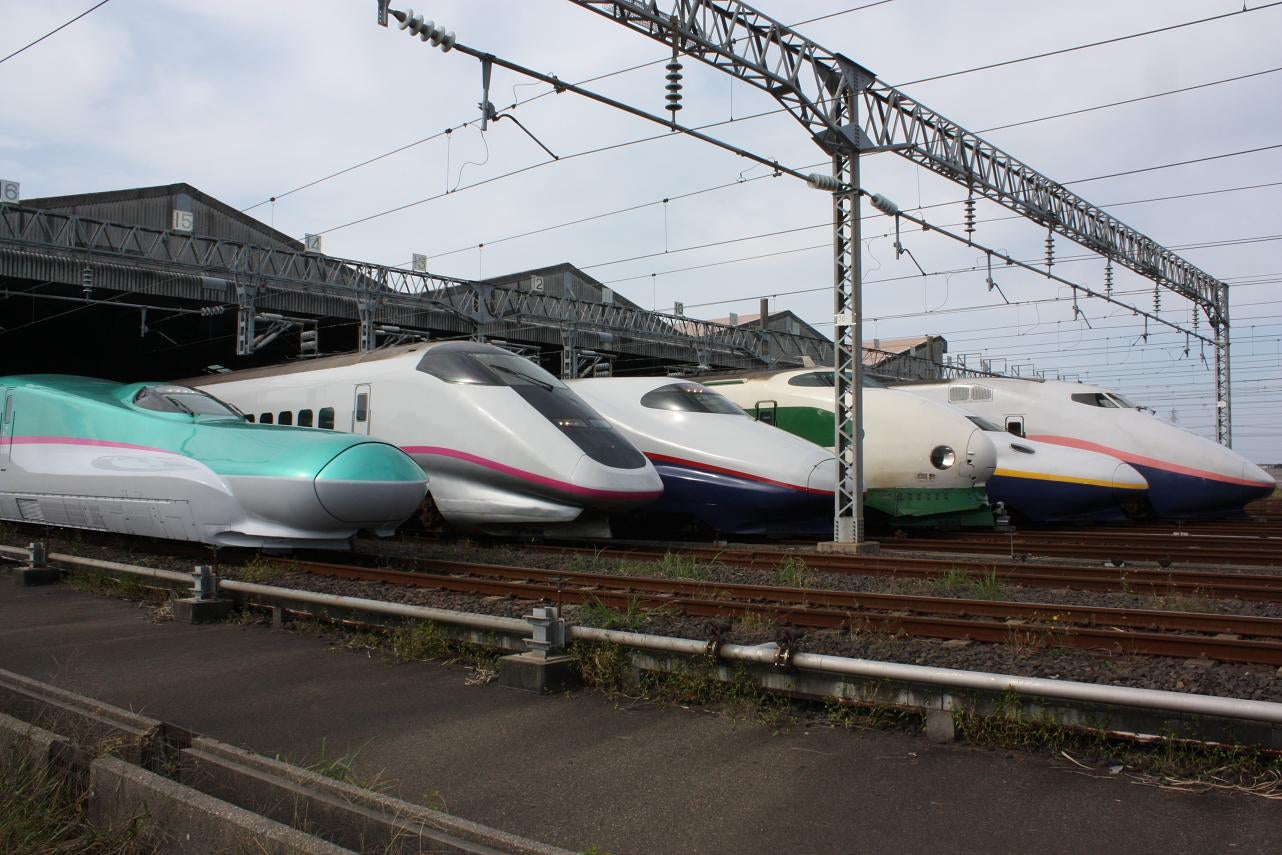
East Japan Railway (JR East) is set to conduct driverless trial runs of its E-7 series Shinkansen bullet train as it seeks to automate high-speed rail operations due to a shortage of workers.
The company will use a 12-car train to conduct automated trial runs in Niigata Prefecture in October and November next year.
According to Kyodo News, JR East will carry out multiple 5km test runs to carry out technical evaluations.
Train drivers will also be on-board to address any emergencies.
Capable of running at speeds of up to 162mph (260km/h), the E7-series trains operate through central and eastern Japan.
The trial runs will also evaluate the performance of the local 5G new-generation communication services in the region.
The move comes at the time when Japanese rail operators are working to further improve operational safety, as well as address the anticipated shortage of drivers as the working-age population continues to drop in Japan.
Since its introduction before the 1964 Tokyo Olympics, the bullet train network has expanded manifolds across the country.
According to The Telegraph, new generational bullet trains such as Alpha-X are currently being trialled for operations. Last month, the Alpha-X achieved a speed of 237mph in a test run.
JR East intends to start using Alpha-X for commercial operations in 2030.
Last month, the rail company partnered with Hitachi and Toyota Motor to develop hybrid (fuel cell) railway vehicles powered by hydrogen.
The companies aim to test the hydrogen-powered train in March 2022.



